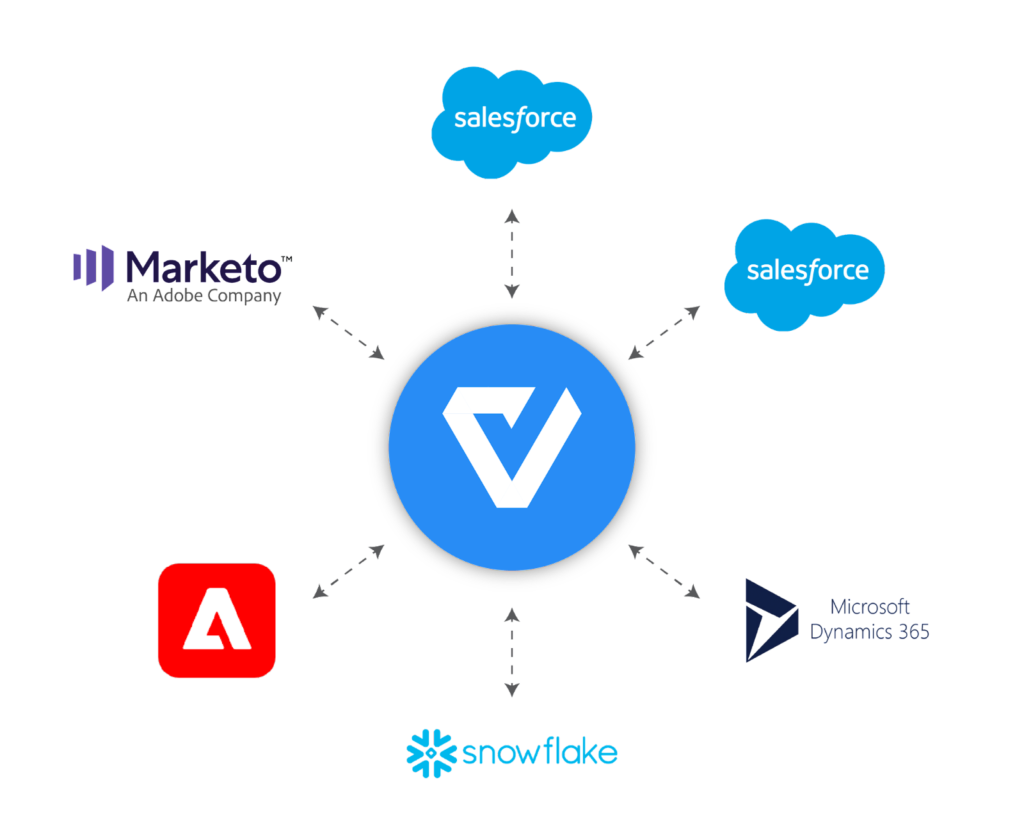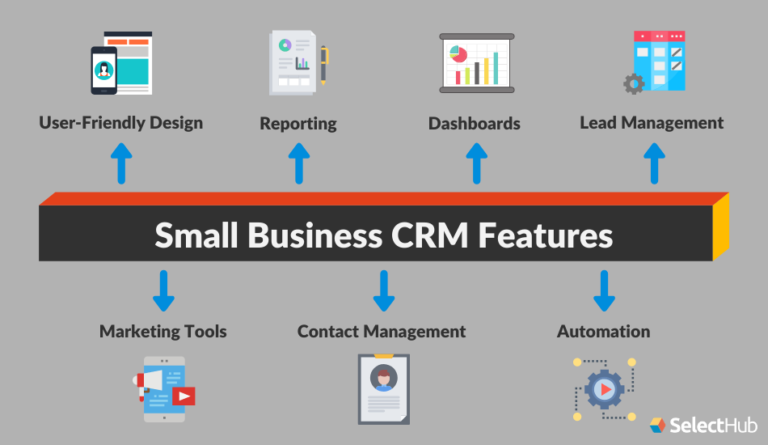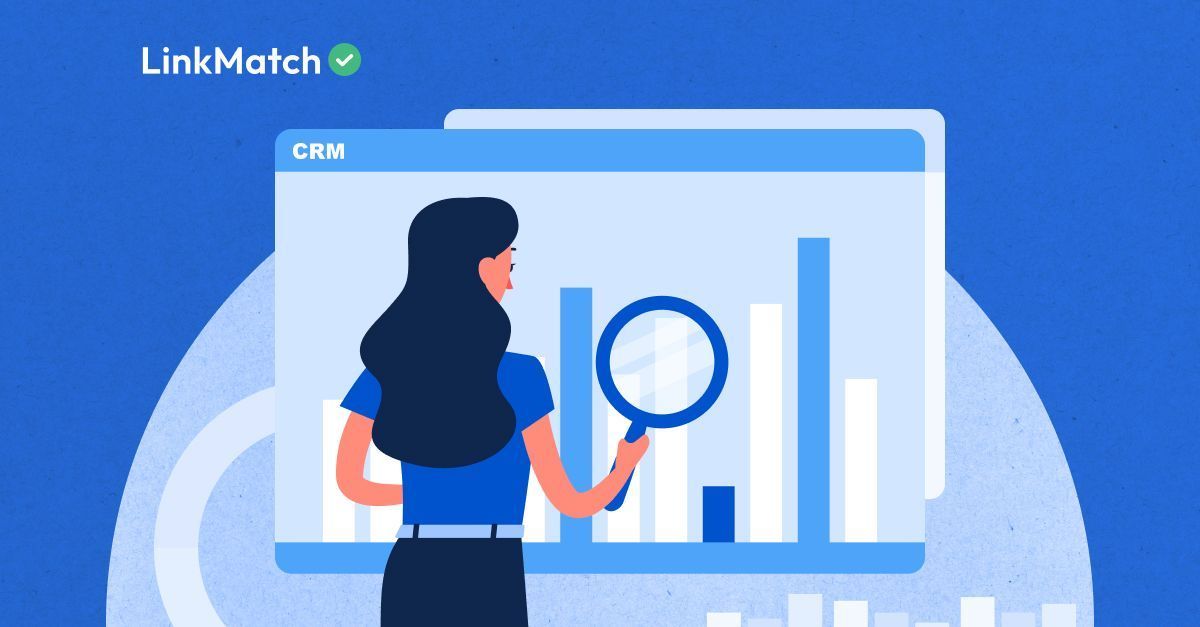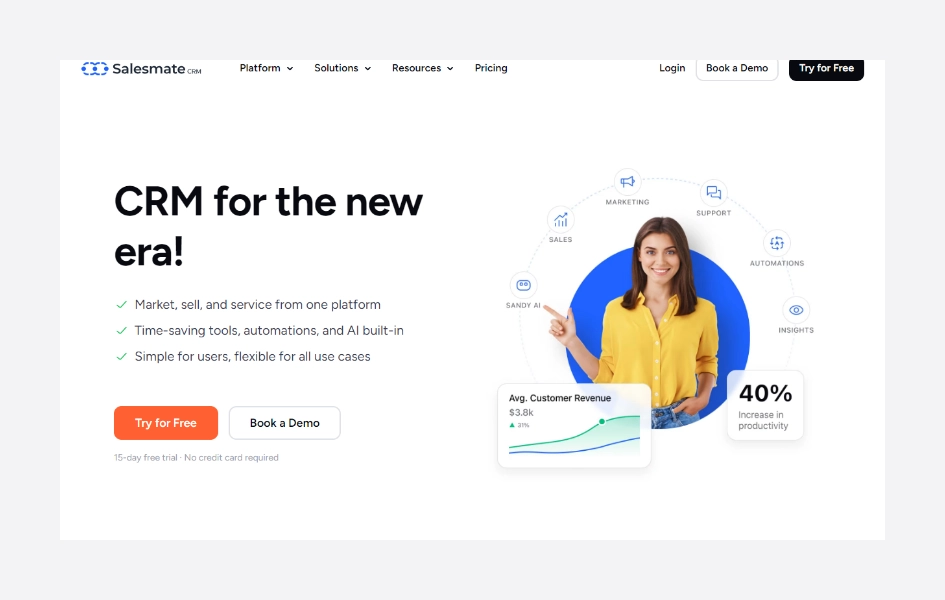Small Business CRM Innovations in 2025: Revolutionizing Customer Relationships
Small Business CRM Innovations in 2025: Revolutionizing Customer Relationships
The world of small businesses is a dynamic one, constantly evolving with new technologies and approaches. One of the most critical aspects of any successful small business is its ability to build and maintain strong customer relationships. This is where Customer Relationship Management (CRM) systems come into play. As we look ahead to 2025, the landscape of CRM is poised for significant innovations, promising to reshape how small businesses interact with their customers and drive growth. This article explores the key CRM innovations expected to emerge by 2025, their potential impact, and how small businesses can prepare for this exciting future.
The Current State of CRM for Small Businesses
Before diving into the future, it’s essential to understand the current state of CRM for small businesses. Today, CRM systems offer a range of functionalities, including contact management, sales automation, marketing automation, and customer service tools. Many small businesses are already leveraging these systems to streamline their operations, improve customer satisfaction, and boost sales. However, many existing CRM solutions can be complex, expensive, and not always tailored to the unique needs of smaller organizations.
One of the biggest challenges for small businesses is the integration of various CRM functionalities. Often, different departments use different tools, leading to data silos and a fragmented view of the customer. Furthermore, the cost of implementation and ongoing maintenance can be a significant barrier, especially for startups and businesses with limited budgets. The user experience is also a crucial factor. Many CRM systems have a steep learning curve, requiring extensive training and adaptation.
Key CRM Innovations Expected by 2025
The future of CRM for small businesses is bright, with several key innovations expected to transform the way they operate. Here are some of the most anticipated advancements:
1. Artificial Intelligence (AI) and Machine Learning (ML)
AI and ML are already making inroads into the CRM landscape, and their influence will only grow by 2025. Small businesses can expect to see AI-powered CRM systems that offer:
- Predictive Analytics: AI algorithms will analyze customer data to predict future behavior, such as purchase patterns, churn risk, and lifetime value. This will enable businesses to proactively engage with customers and tailor their marketing and sales efforts.
- Automated Chatbots: AI-powered chatbots will become even more sophisticated, providing instant customer support, answering frequently asked questions, and even handling basic sales inquiries.
- Personalized Recommendations: AI will analyze customer preferences and purchase history to provide personalized product recommendations, enhancing the customer experience and increasing sales.
- Sales Automation: AI can automate repetitive sales tasks, such as lead scoring, email follow-ups, and appointment scheduling, freeing up sales representatives to focus on building relationships and closing deals.
2. Enhanced Automation and Workflow Optimization
Automation is already a key feature of CRM systems, but by 2025, we can expect even more sophisticated automation capabilities. Small businesses will be able to:
- Automate Complex Workflows: Automate end-to-end processes, from lead generation to customer onboarding and support, streamlining operations and reducing manual tasks.
- Personalize Automated Communications: Create highly personalized email campaigns, SMS messages, and other communications that are triggered by specific customer actions or events.
- Integrate with More Third-Party Apps: Seamlessly integrate CRM systems with a wider range of third-party applications, such as accounting software, e-commerce platforms, and social media tools, to create a unified view of the customer.
3. Hyper-Personalization
Customers today expect personalized experiences, and CRM systems will play a crucial role in delivering them. By 2025, small businesses will be able to:
- Leverage Data for Deep Customer Insights: Collect and analyze vast amounts of customer data from various sources, including website activity, social media interactions, and purchase history, to gain a deeper understanding of customer preferences and behaviors.
- Create Highly Targeted Marketing Campaigns: Segment customers based on their individual needs and preferences, and deliver highly targeted marketing messages that resonate with them.
- Offer Personalized Product Recommendations and Offers: Provide customers with personalized product recommendations and offers based on their individual purchase history and browsing behavior.
4. Mobile-First CRM Solutions
The trend towards mobile-first solutions will continue, with CRM systems becoming increasingly accessible and functional on mobile devices. Small businesses will benefit from:
- Mobile CRM Apps with Enhanced Functionality: CRM apps will offer a more comprehensive range of features, allowing sales representatives and customer service agents to access and update customer data, manage leads, and communicate with customers from anywhere.
- Real-Time Data Access: Mobile CRM solutions will provide real-time access to customer data, ensuring that sales and service teams have the information they need at their fingertips.
- Offline Capabilities: Mobile CRM apps will offer offline capabilities, allowing users to access and update data even when they don’t have an internet connection.
5. Improved Data Privacy and Security
Data privacy and security are paramount concerns, and CRM systems will need to adapt to meet these challenges. By 2025, small businesses can expect:
- Stronger Data Encryption and Security Measures: CRM systems will incorporate advanced encryption and security measures to protect sensitive customer data from cyber threats.
- Compliance with Data Privacy Regulations: CRM providers will ensure their systems comply with data privacy regulations, such as GDPR and CCPA, to protect customer privacy.
- User-Friendly Privacy Controls: CRM systems will offer user-friendly privacy controls, allowing customers to easily manage their data and preferences.
6. CRM as a Service (CRMaaS) and Low-Code/No-Code Platforms
The CRMaaS model is gaining popularity, with vendors offering a subscription-based service that includes software, infrastructure, and support. This model can be particularly beneficial for small businesses, reducing upfront costs and simplifying implementation. Furthermore, the rise of low-code/no-code platforms will empower small businesses to customize their CRM systems without requiring extensive coding knowledge. This means:
- Increased Affordability: CRMaaS solutions will provide affordable options, reducing the financial barrier to entry for small businesses.
- Simplified Implementation and Management: CRMaaS solutions will simplify the implementation and management of CRM systems, reducing the need for IT expertise.
- Customization Without Coding: Low-code/no-code platforms will allow small businesses to customize their CRM systems to meet their specific needs without requiring extensive coding knowledge.
The Impact of CRM Innovations on Small Businesses
The CRM innovations outlined above will have a significant impact on small businesses, transforming the way they operate and interact with their customers. Here are some of the key benefits:
- Improved Customer Experience: By leveraging AI, hyper-personalization, and mobile-first solutions, small businesses can deliver exceptional customer experiences that build loyalty and drive repeat business.
- Increased Sales and Revenue: CRM systems will help small businesses generate more leads, close more deals, and increase revenue by providing sales teams with the tools they need to succeed.
- Enhanced Efficiency and Productivity: Automation and workflow optimization will streamline operations, freeing up employees to focus on higher-value tasks.
- Data-Driven Decision Making: CRM systems will provide small businesses with valuable data and insights, enabling them to make data-driven decisions that improve performance.
- Reduced Costs: CRMaaS solutions and automation will help small businesses reduce costs by streamlining operations and improving efficiency.
How Small Businesses Can Prepare for CRM Innovations
To take full advantage of the CRM innovations coming in 2025, small businesses need to take proactive steps to prepare. Here’s how:
1. Assess Current CRM Needs
Before implementing any new CRM system or features, small businesses should thoroughly assess their current needs and identify areas for improvement. This includes:
- Evaluating Existing Systems: Review the performance of existing CRM systems and identify any shortcomings.
- Identifying Pain Points: Determine the key challenges and pain points in the current customer relationship management process.
- Defining Goals and Objectives: Define clear goals and objectives for the CRM system, such as increasing sales, improving customer satisfaction, or streamlining operations.
2. Research and Evaluate CRM Solutions
Once the needs are assessed, small businesses should research and evaluate different CRM solutions to find the best fit. This includes:
- Exploring Different Vendors: Research different CRM vendors and compare their features, pricing, and customer reviews.
- Considering Industry-Specific Solutions: Consider CRM solutions that are specifically designed for their industry.
- Testing and Demonstrations: Request demos and trials to test the functionality and usability of different CRM systems.
3. Invest in Training and Education
To maximize the benefits of a CRM system, small businesses need to invest in training and education for their employees. This includes:
- Providing Comprehensive Training: Provide employees with comprehensive training on how to use the CRM system effectively.
- Offering Ongoing Support: Offer ongoing support and training to help employees stay up-to-date with the latest features and updates.
- Encouraging Continuous Learning: Encourage employees to continuously learn about CRM best practices and emerging trends.
4. Embrace Data-Driven Decision Making
CRM systems generate a wealth of data that can be used to make data-driven decisions. Small businesses should:
- Analyze CRM Data Regularly: Regularly analyze CRM data to identify trends, patterns, and insights.
- Use Data to Improve Processes: Use data to improve sales, marketing, and customer service processes.
- Track Key Performance Indicators (KPIs): Track key performance indicators (KPIs) to measure the success of CRM initiatives.
5. Prioritize Data Privacy and Security
With increasing concerns about data privacy and security, small businesses must prioritize these aspects. This involves:
- Implementing Robust Security Measures: Implement robust security measures to protect customer data from cyber threats.
- Complying with Data Privacy Regulations: Ensure compliance with data privacy regulations, such as GDPR and CCPA.
- Educating Employees on Data Privacy: Educate employees on data privacy best practices and the importance of protecting customer data.
Challenges and Considerations
While the future of CRM for small businesses looks promising, there are also challenges and considerations to keep in mind:
- Data Integration: Integrating data from various sources can be complex. Small businesses need to ensure their CRM system can seamlessly integrate with other business systems.
- Data Quality: The quality of data is critical. Businesses need to ensure the accuracy and completeness of their customer data.
- User Adoption: Getting employees to adopt and use the CRM system effectively can be a challenge. Proper training and change management are crucial.
- Cost: While CRMaaS solutions offer affordable options, the overall cost of implementing and maintaining a CRM system can still be a factor.
- Keeping Up with Rapid Changes: The CRM landscape is constantly evolving. Small businesses need to stay informed about the latest trends and innovations.
Conclusion
The CRM landscape for small businesses is on the cusp of a major transformation. The innovations expected by 2025, including AI, automation, hyper-personalization, and mobile-first solutions, promise to revolutionize how small businesses interact with their customers. By preparing now, assessing their needs, researching solutions, investing in training, embracing data-driven decision-making, and prioritizing data privacy, small businesses can position themselves to thrive in this new era of customer relationship management. The future is bright for those who embrace the power of CRM and prioritize building strong, lasting relationships with their customers. This is not just about technology; it’s about creating a customer-centric culture that drives growth and success.





